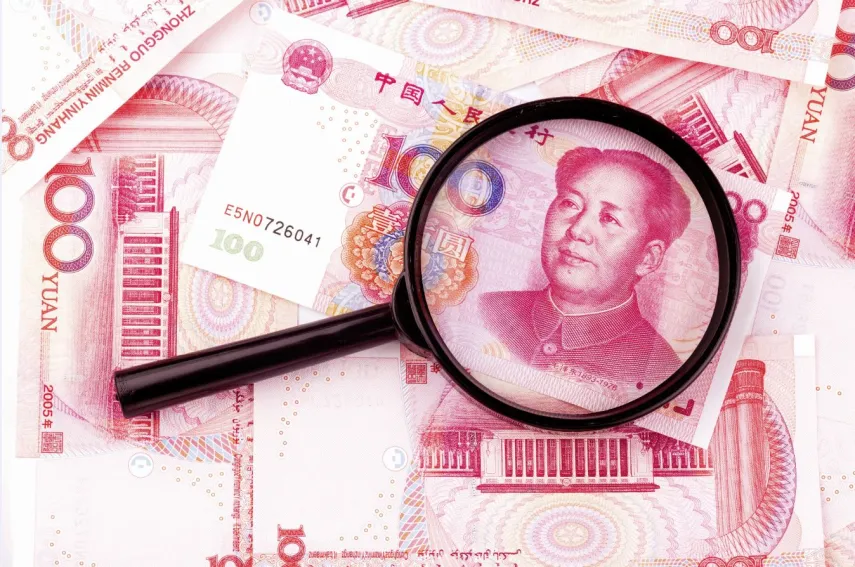
Chinese money flowing into HK even as tourists leave
RMB depreciation is a big factor.
Hong Kong has been bombarded with bad news related to Mainlanders abandoning Hong Kong for other destinations but it has been noted that the reality is that there are other things happening that are not necessarily so negative.
According to a research note from Natixis, the Hong Kong economy has been dragged by the retail sector with continuously shrinking Mainland-related sales.
Given the sheer size of the retail sector for the Hong Kong economy, this has negatively affected employment and real wage growth.
Hong Kong has for long acted as a parking lot for mainland capital either bringing money in in the good times or getting the money out in the not so good ones. The situation is now in the latter part of the game as clearly shown by China's large capital outflows against the backdrop of a continuously weaker currency.
Here's more from Natixis:
The venues for Chinese money to leave Hong Kong are manifold, be it in a recorded or unrecorded way. First, discrepancies in trade data from the Mainland and Hong Kong show that large amounts of money has flown out of the Mainland into Hong Kong via overinvoicing of Hong Kong exports into the Mainland. In the same way, the Shanghai Hong Kong Stock Connect shows consistent net outflows from the China's equity market.
There are some signs of Chinese capital outflows being reinvested in Hong Kong. The most obvious ones is the increase in the Hang Seng by more than 5% ytd while the stock market has fallen 10.34% in the Mainland's CSI300 Index in the same period.
On top of that, there is new venue for investment as mutual recognition of funds has moved a long way. According to SAFE, as of end of September, Mainland's net investment in Hong Kong under the Mainland-Hong Kong Mutual Recognition of Funds (MRF) scheme amounted to RMB 8389 bn ytd. On the other hand, the net flow from Hong Kong to Mainland via the same channel has been RMB 96 bn ytd only.
The second channel is Hong Kong real estate, which had performed poorly since the introduction of draconian macro prudential measures after peaked in early 2015.
Very recently, there has been a new pick up from the bottom, partially driven by an increase in purchases from nonresidents. In September, the buyers stamp duty rose from 98 cases in January to 250 cases in September, the highest in 14 months.
Buyer's stamp duty is a 15% tax levied on residential property buyers who are not Hong Kong permanent resident. According to data from Centaline Property Agency, Mainland investors contributed 25% of the sales value of the primary market in Q2. The fact that the Chinese government has implemented a new round of cool measures in some mainland cities could further help Hong Kong real estate market.



















 Advertise
Advertise






